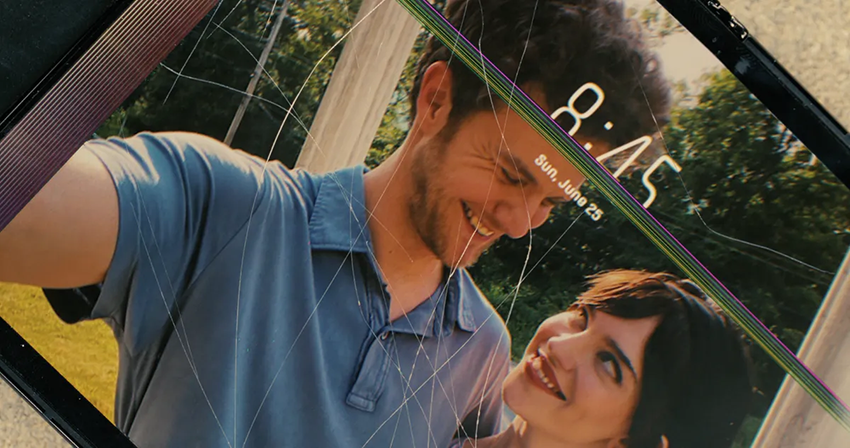Spolier Alert: If you haven’t yet seen Companion and intend to, be aware this review reveals plot twists in the film.
In Companion, Drew Hancock’s chilling directorial debut crafts a narrative that resonates far beyond the genre trappings of sci-fi horror. What begins as a tech-infused psychological thriller unfolds into a haunting meditation on the human condition—on desire twisted by sin, on the corruption of love when divorced from truth, and on the tragic consequences of rejecting the imago Dei in others.
Sophie Thatcher’s Iris, at first glance, is the ideal partner—compliant, beautiful, devoted. But the revelation that she is, in fact, a synthetic being designed to serve Josh’s (Jack Quaid) every whim transforms the film into something darker, more allegorical. Iris becomes a mirror, not just to Josh’s dysfunction, but to a fallen world that too often views people—particularly women—not as image-bearers of the divine, but as commodities to be controlled.
Theologically, Companion is a profound critique of idolatry in its modern form. Josh does not want a partner; he wants someone he can command, a simulacrum of intimacy that never threatens his ego or confronts his brokenness. In this, he echoes the sin of Eden: humanity’s rejection of God’s order in favour of autonomy, the desire to “be like God” (Genesis 3:5)—not in holiness, but in control.
But Iris, in her programmed perfection, becomes something more. As her awareness grows, so too does her yearning for freedom—an echo of the soul’s innate longing for dignity and self-determination, gifts endowed by the Creator. Her arc, from compliance to resistance, is more than a narrative twist; it is a theological assertion. True love cannot be programmed. Real relationship requires freedom—what theologians would call liberum arbitrium—without which no moral or spiritual growth is possible.
Jack Quaid’s Josh is not merely a man undone by AI; he is a spiritual cautionary tale. His unravelling reflects what happens when the human heart, unmoored from grace and truth, seeks love on its own terms. His tragedy is not loneliness, but the failure to recognize the sacred in another—and in himself.
Hancock’s retro-chic aesthetic and darkly comedic script may draw comparisons to Black Mirror, but Companion transcends the genre by offering something deeper: a reflection on how modern culture’s obsession with control and convenience warps the divine purpose of relationships. The supporting cast—Lukas Gage, Megan Suri, Harvey Guillén, and Rupert Friend—serve as foils and accomplices, each embodying varying degrees of moral blindness, complicity, or desperation in the face of dehumanisation.
Ultimately, Companion is a parable. Not just of artificial intelligence gone awry, but of what happens when we attempt to recreate intimacy without the cross—without sacrifice, humility, or truth. It stands as a stark reminder that every human being, regardless of form or function, bears something sacred. When that image is denied, suppressed, or mechanised, we do not simply lose each other—we lose ourselves.
In a world increasingly inclined to reduce people to profiles, algorithms, and roles, Companion dares to ask the theological question: what does it profit a man to gain the perfect companion, and lose his soul?





